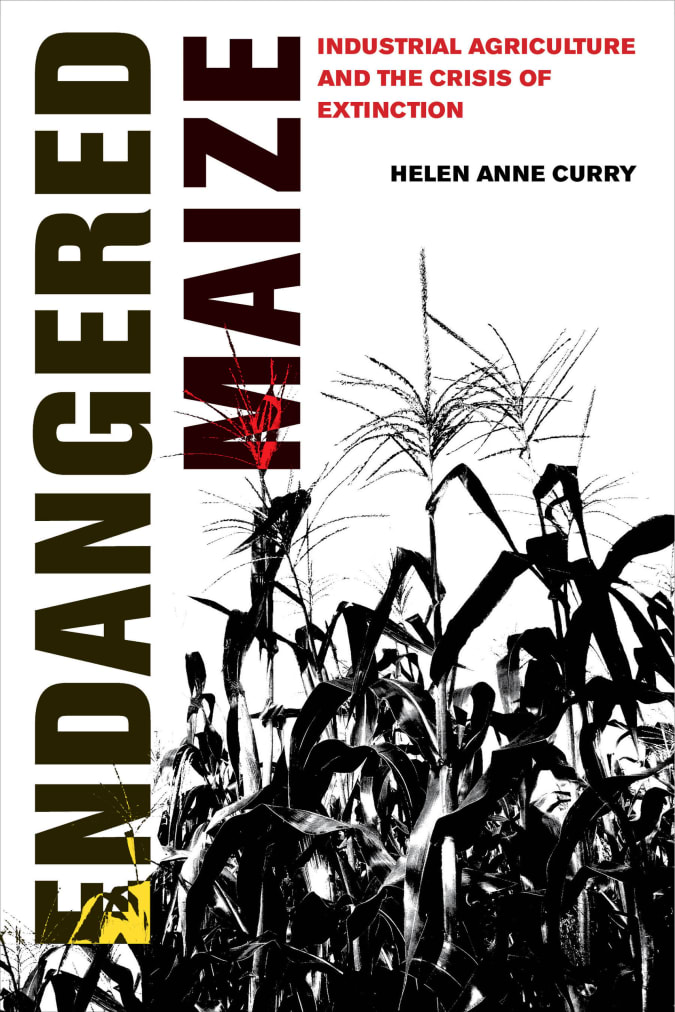Beginning in the 1940s, Mexico’s Green Revolution saw the country’s agriculture industrialized on a national scale, helping propel a massive, decades-long economic boom in what has become known as the Mexican Miracle. Though the modernization of Mexico’s food production helped spur unparalleled market growth, these changes also opened the industry’s doors to powerful transnational seed companies, eroding national control over the genetic diversity of its domestic crops and endangering the livelihoods of Mexico’s poorest farmers.
In the excerpt below from her new book Endangered Maize: Industrial Agriculture and the Crisis of Extinction, author and Peter Lipton Lecturer in History of Modern Science and Technology at Cambridge University, Helen Anne Curry, examines the country’s efforts to maintain its cultural and genetic independence in the face of globalized agribusiness.

UC…



